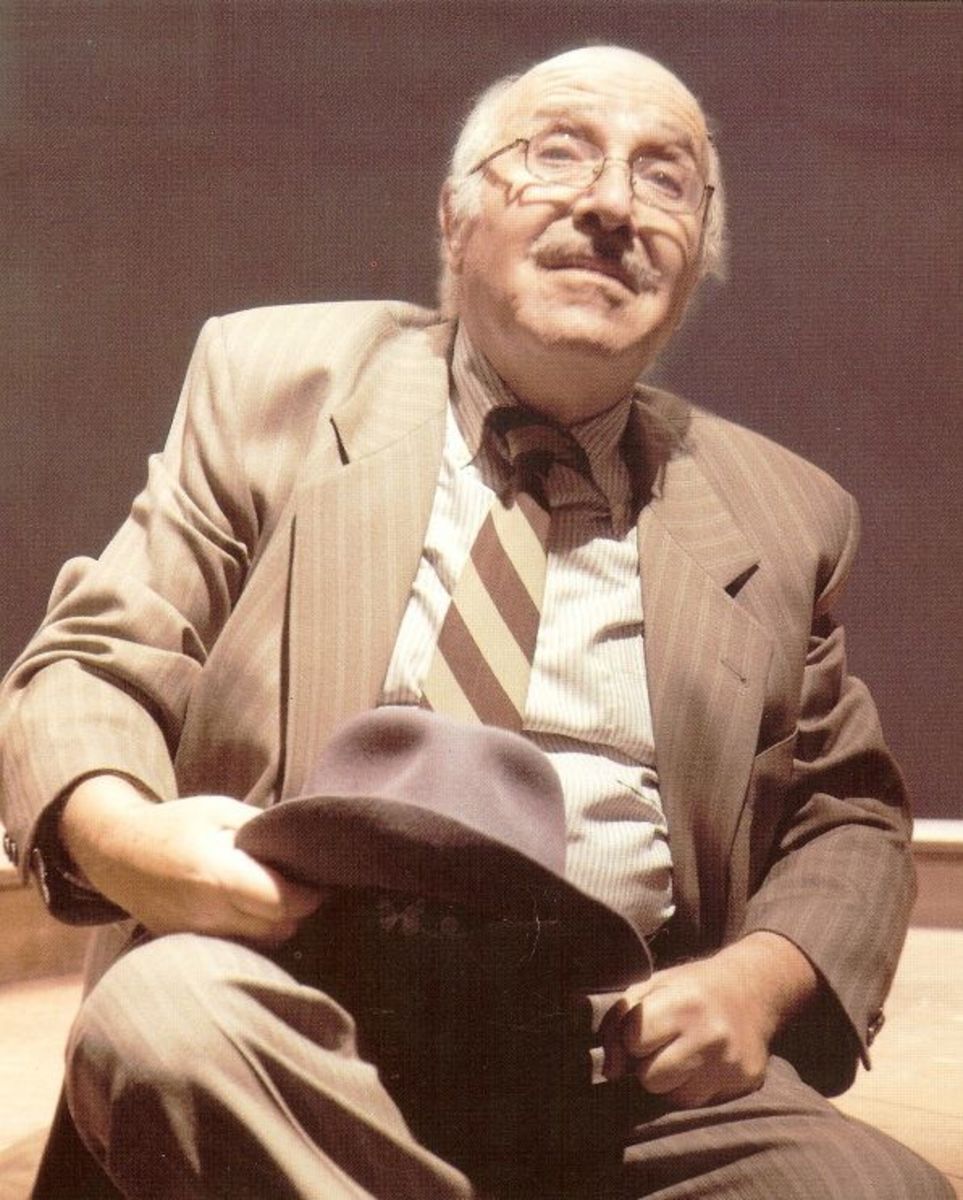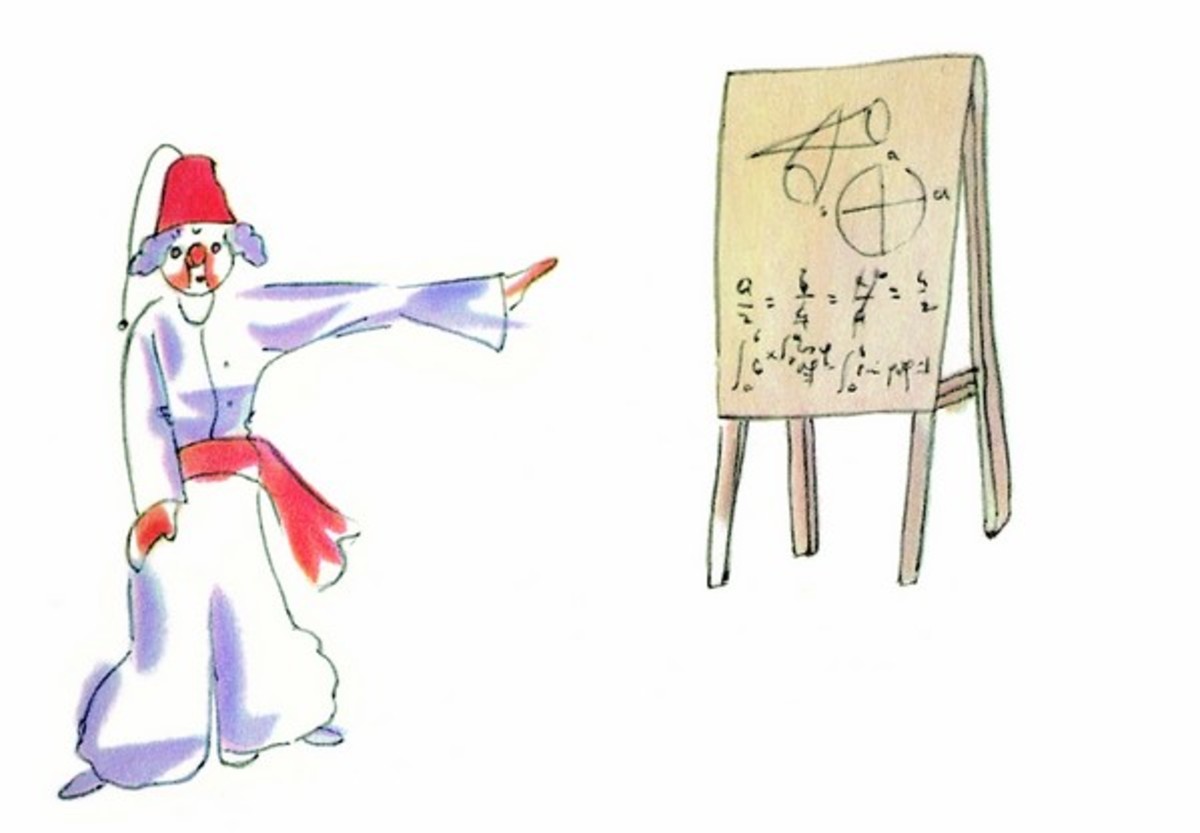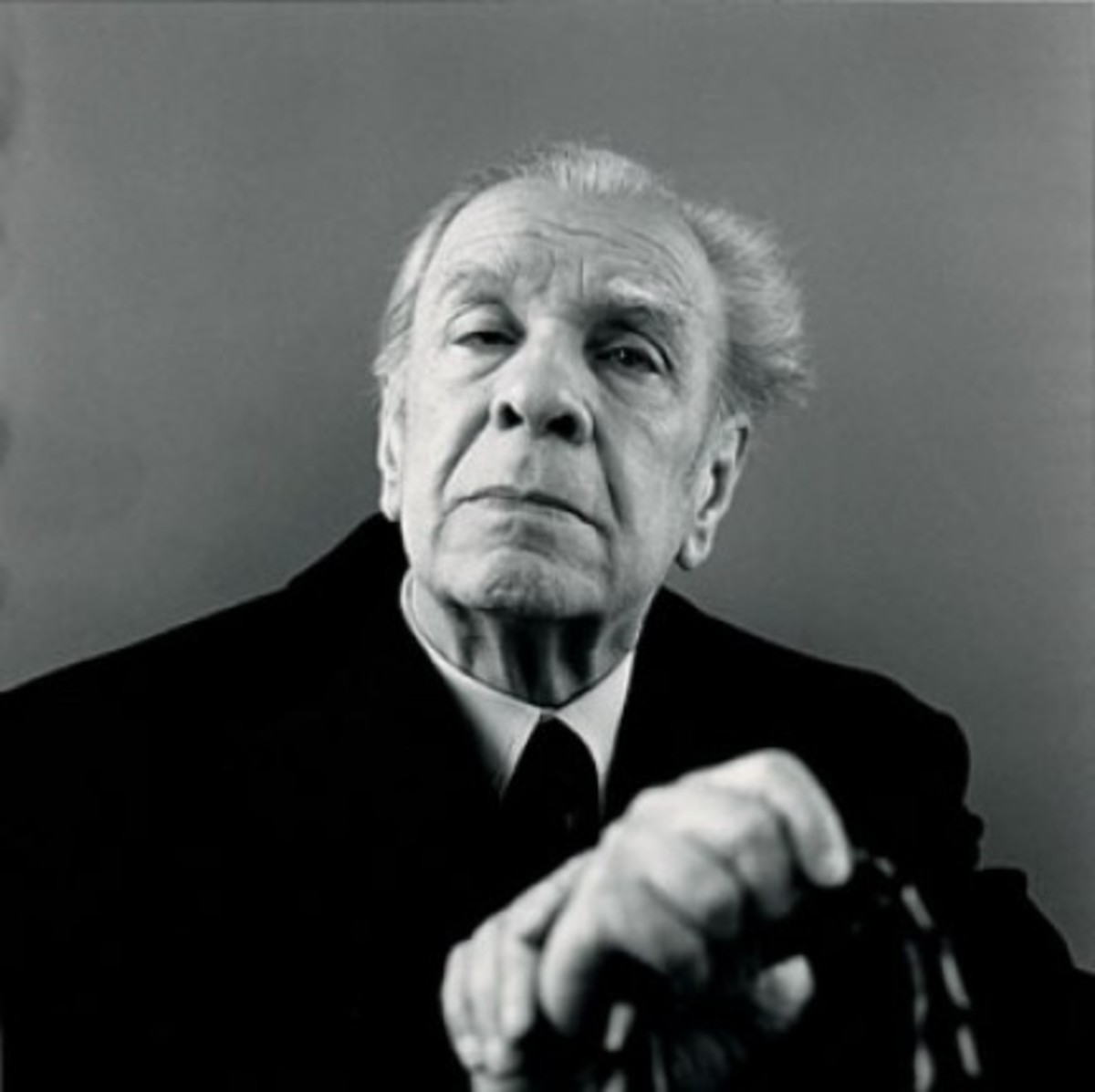- HubPages»
- Books, Literature, and Writing»
- Literature»
- Literary Criticism & Theory
Death of a Salesman Character and Theme Analysis
Henry Wordsworth Longfellow once wrote, “Things are not the way they seem.” Arthur Miller’s, Death of a Salesman, exactly follows Longfellow’s axiom. The protagonist, Willy Loman, seems to be content with his job as a salesman, but he is not. His two sons who were nurtured into adulthood being told that they were better than everybody else were not. All the brand new appliances in Willy’s house kept breaking down. The reason for this false image relates to WIlly’s past. The events of his past dramatically affected his present day life and greatly contributed to the tragic elements in his present day life. Willy’s negative relationship to the past due to a father-less adolescence, a successful brother, unrealistic expectations, and poor parenting contribute to the meaning of the work as a whole that living a life and choosing a career that one’s heart is not in accordance with will only lead to one’s unhappy death because one is unable to live in a lifestyle and work a job that one is not content with.
Growing up, Willy had no father figure to look up to. His father passed away when Willy was around three or four years of age. As a result, he never got to ask his father for advice. Since he was not able to do so, he had to make his life decisions on his own. This, along with the fact that his brother, Ben, came across diamonds in Alaska and became rich by the age of twenty-one, made life hard for Willy. He always wanted to be as successful as Ben, but he did not know how to become successful. At this point in his life, he had a drive to make a lot of money in order to be as wealthy as Ben.
Around the same time, Willy found inspiration. He knew about an old salesman, eighty-four years of age, named Dave. Dave, when he grew too old to go around to his buyers, simply made phone calls from his office in order to sell. When Dave finally died, many people attended his funeral. This inspired Willy to take his talents to the world of sles. He thought that everyone likes a good salesman, or else why would so many people attend Dave’s funeral? He also saw it as a great way to make money, since Dave could even do it from the comfort of his own home. Money-driven and paying no attention to what his heart wanted to do, Willy blindly entered the world of sales. Over the years, he realized that he was horrible salesman, but he stuck with the job and kept trying, using Dave as inspiration since he lacked a father figure. This was completely unrealistic because WIlly based his success on the single example of Dave and started doing something he was not even that interested in. Ben’s success overshadowed him and he was willing to do anything he could to become that successful.
However, it was not just Ben who was more successful than he was. His neighbor Charley was as well. Willy could not accept this and his stubborn nature led him to sticking with the job into present day. Even when he loses his job, he denies Charley’s offer for a good paying job, despite needing money.
Finally, the way he raised his children led to a present-day life that he was not expecting. By telling his children that they were better than everybody else since they were young, he raised them to be disobedient. biff simply could not listen to authority anymore, and as a result has a very difficult time finding a job. Happy, on the other hand, lies about everything in order to impress Willy and shows him he is better than everybody else. Now, that WIlly has lost his job, Biff is jobless, and Happy does not make much money, the family is left in a crisis.
They needed money, but the choices Willy made in the past negatively influenced his present-day life. He is delusional to the point where he keeps falling into trances because of the extent of the situation. He could no longer provide for his own family despite being the head of the household. As a result, he only finds one way to support his family and that is by committing suicide so his family can claim the insurance money.
In the end, Willy dies and the audience is unaware of whether or not the family gets the insurance money. Willy was never happy with his lifestyle or his job even on the day he died. He had a much stronger passion for using his hands and doing carpentry. But that was not a respectable job so he never followed his dreams. Consequently, he was always unsatisfied, and was unable to enjoy his lifestyle or his career.








